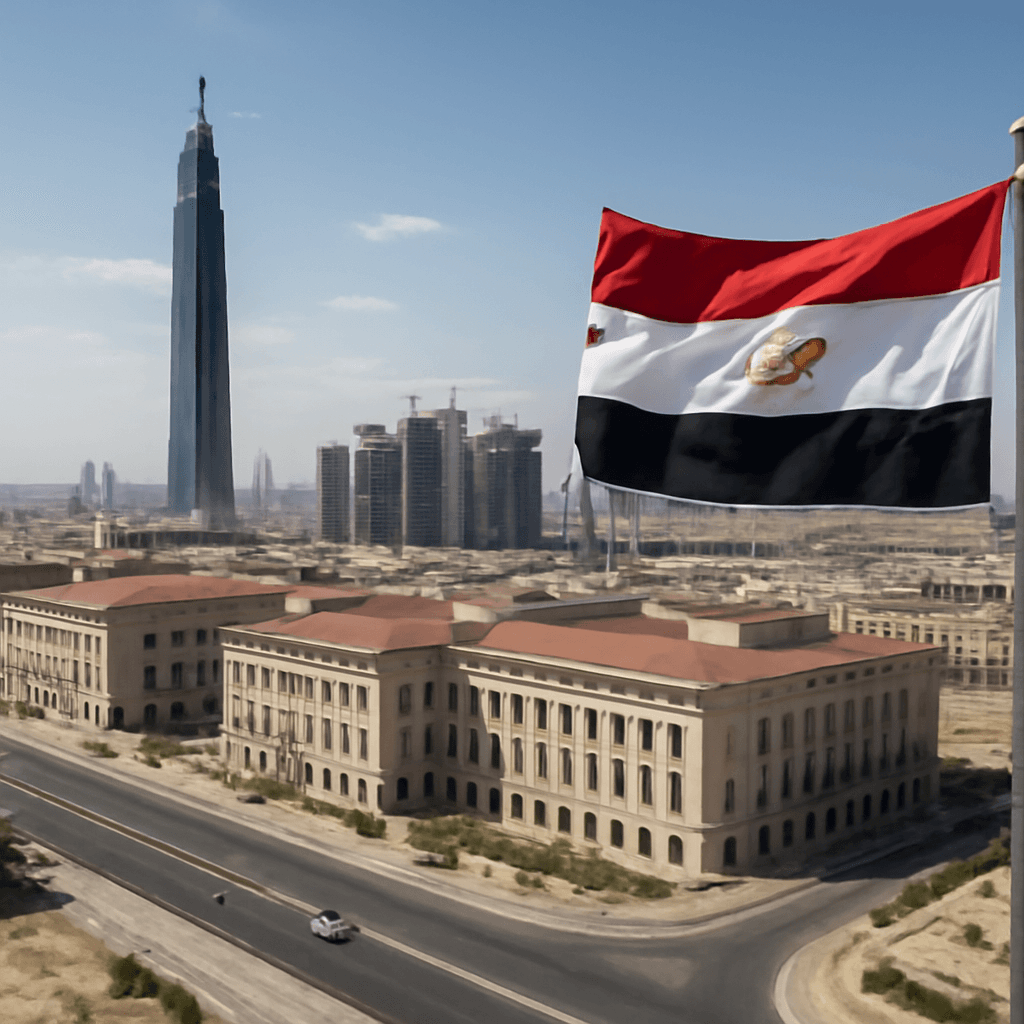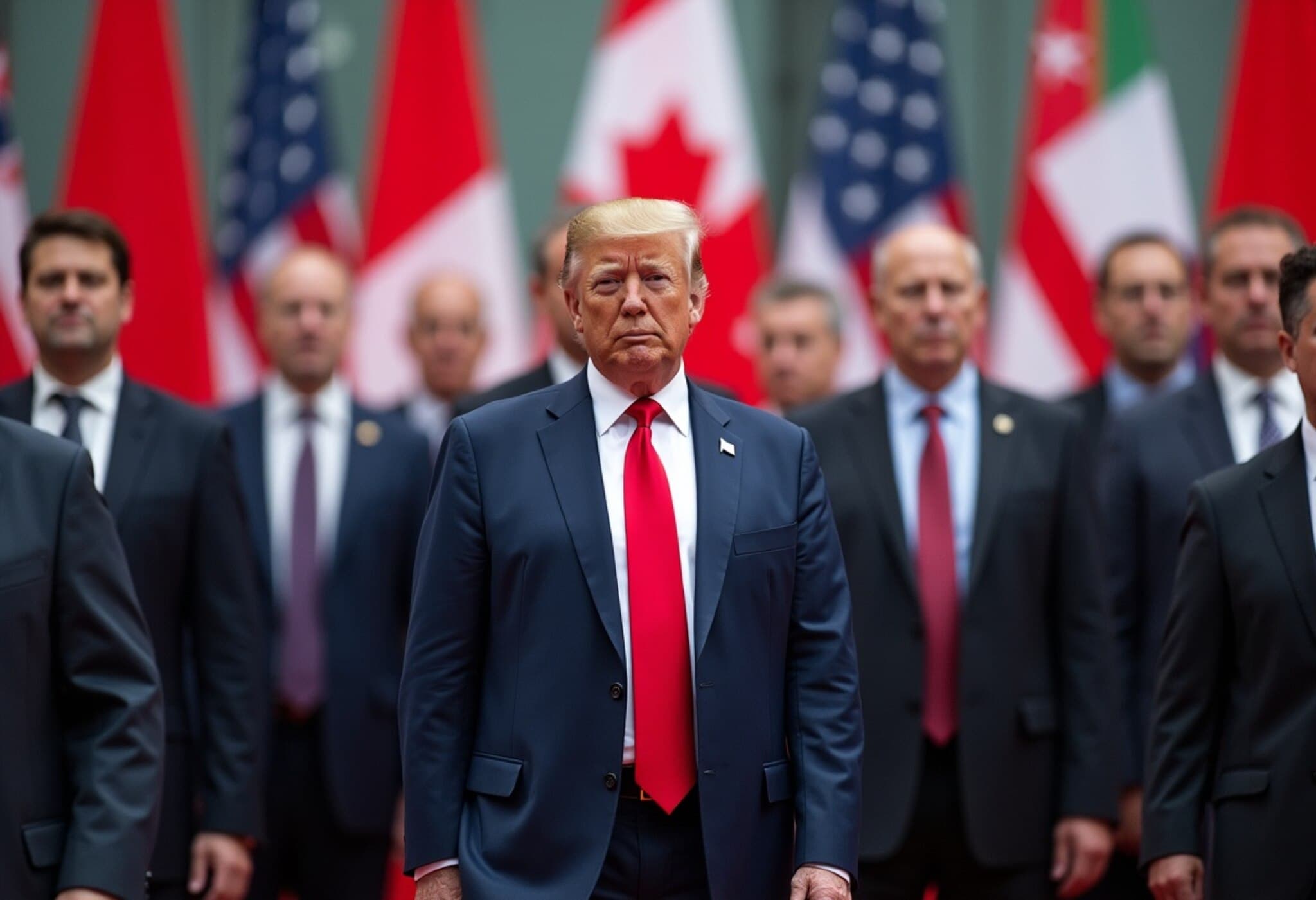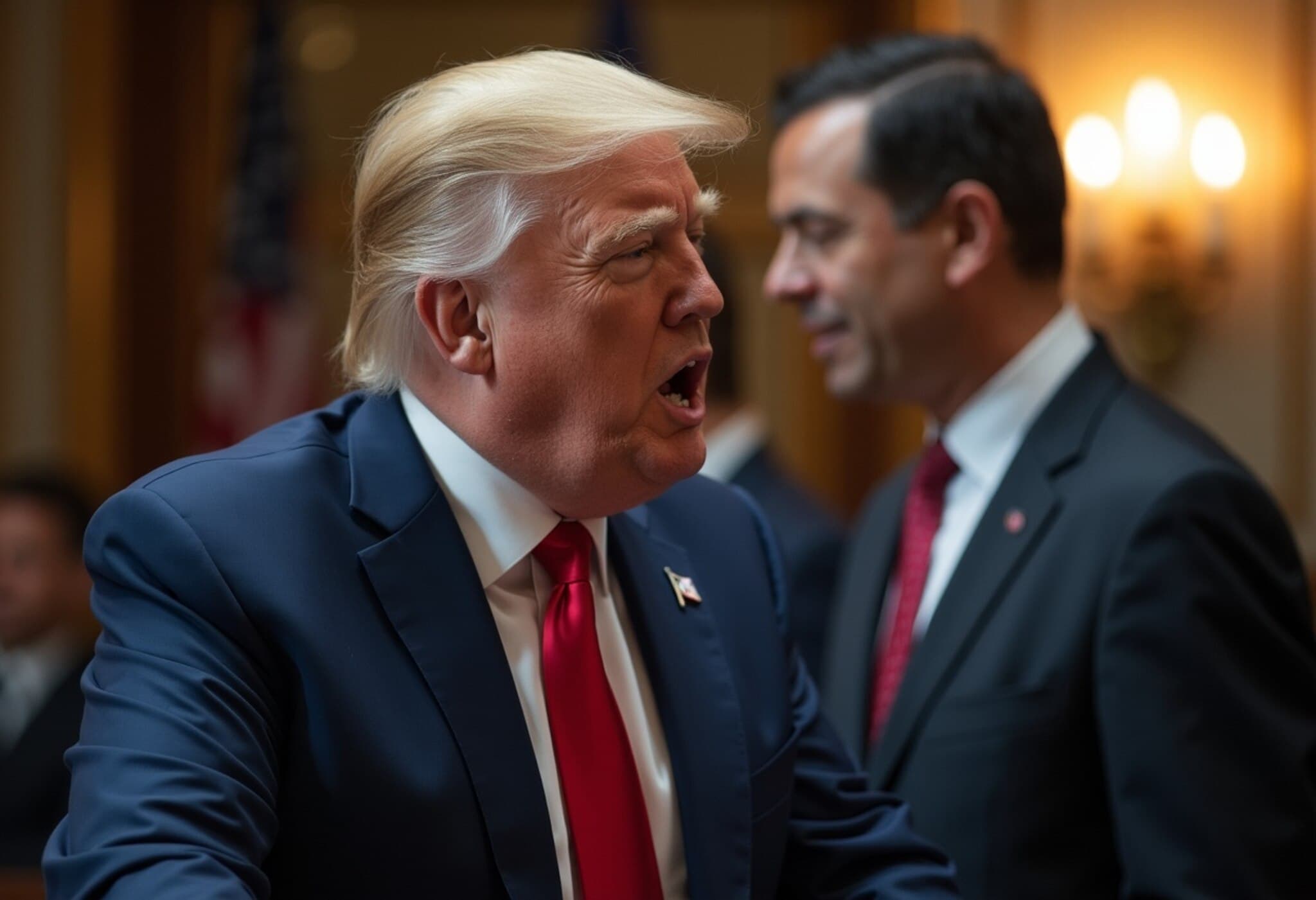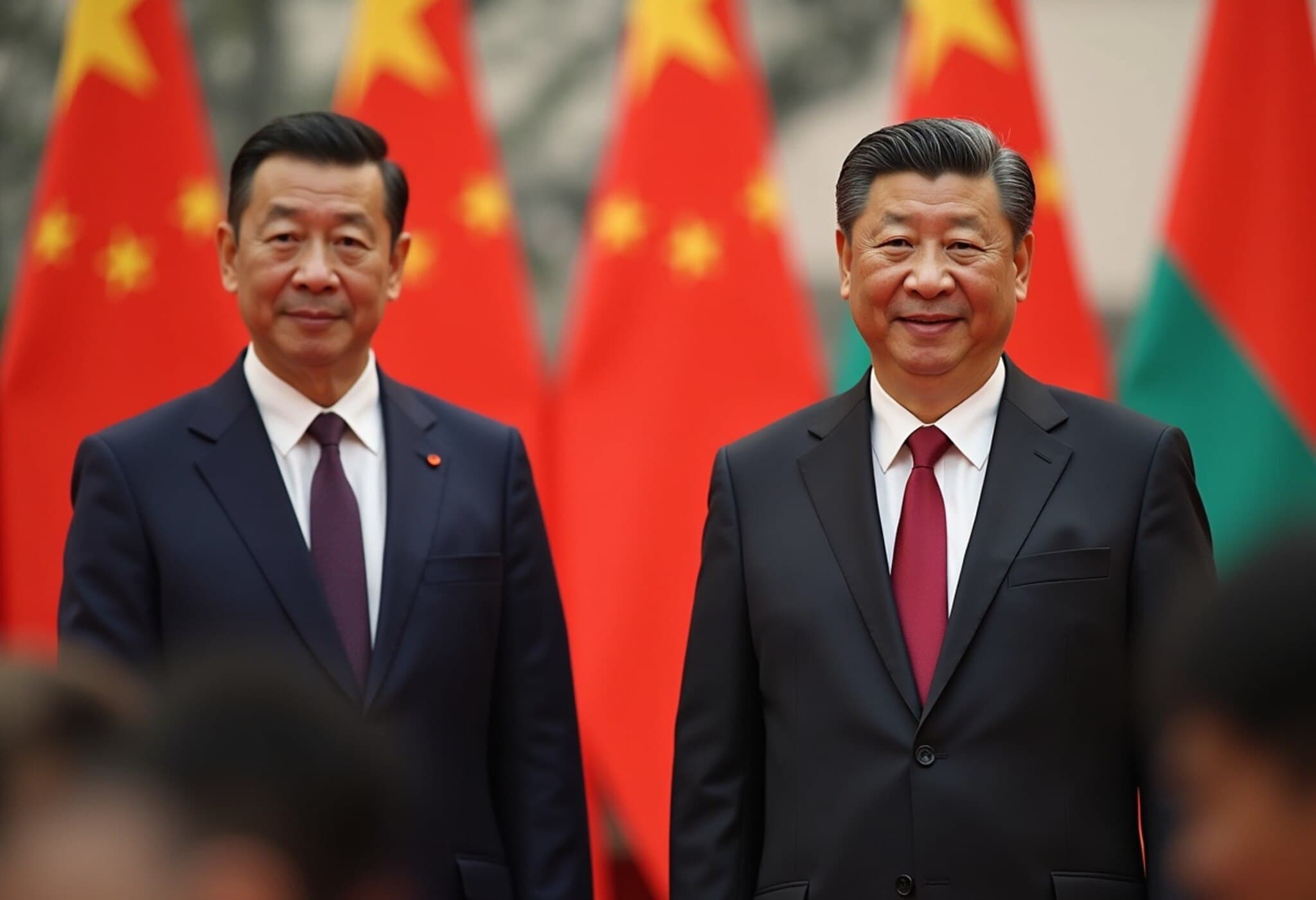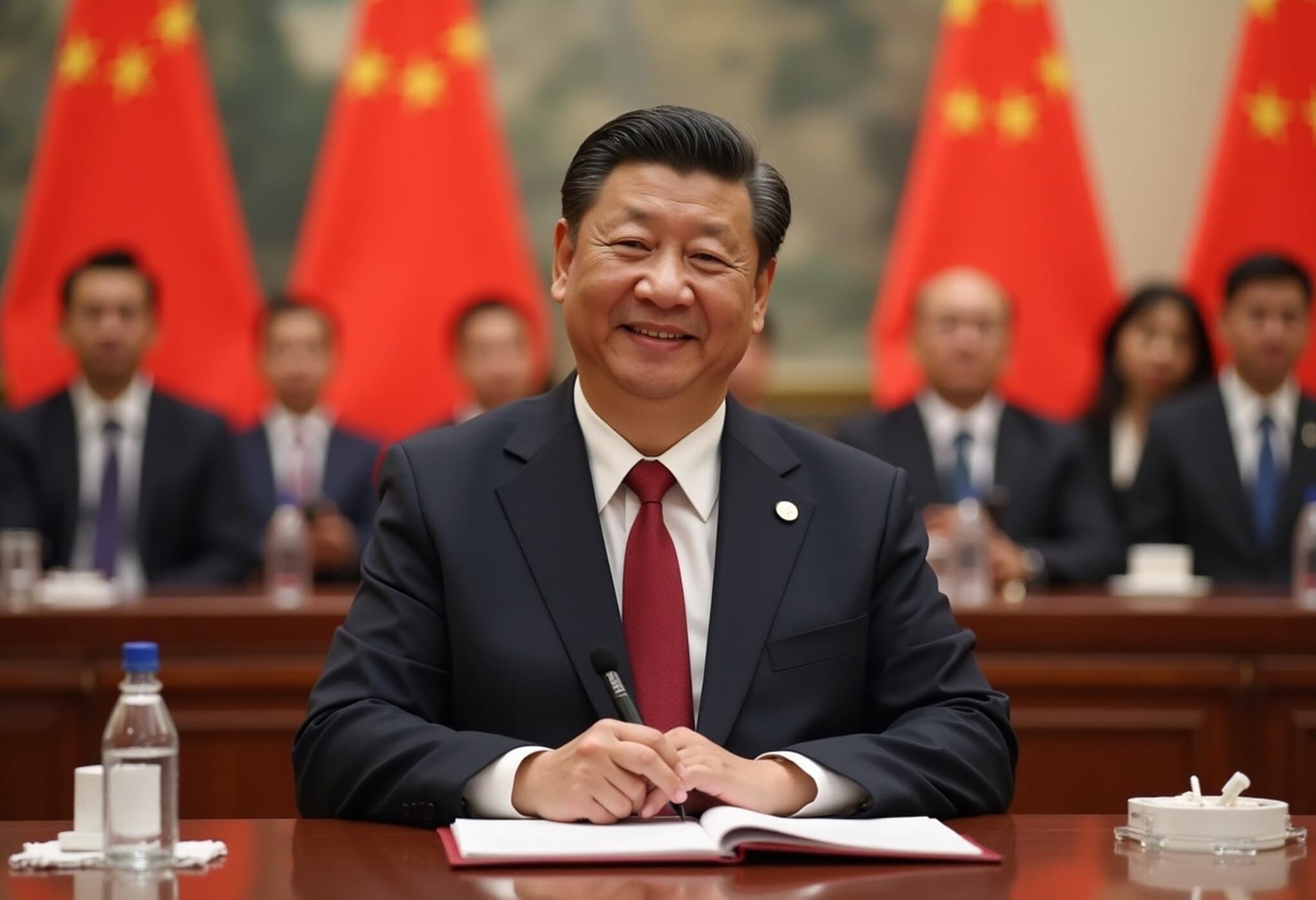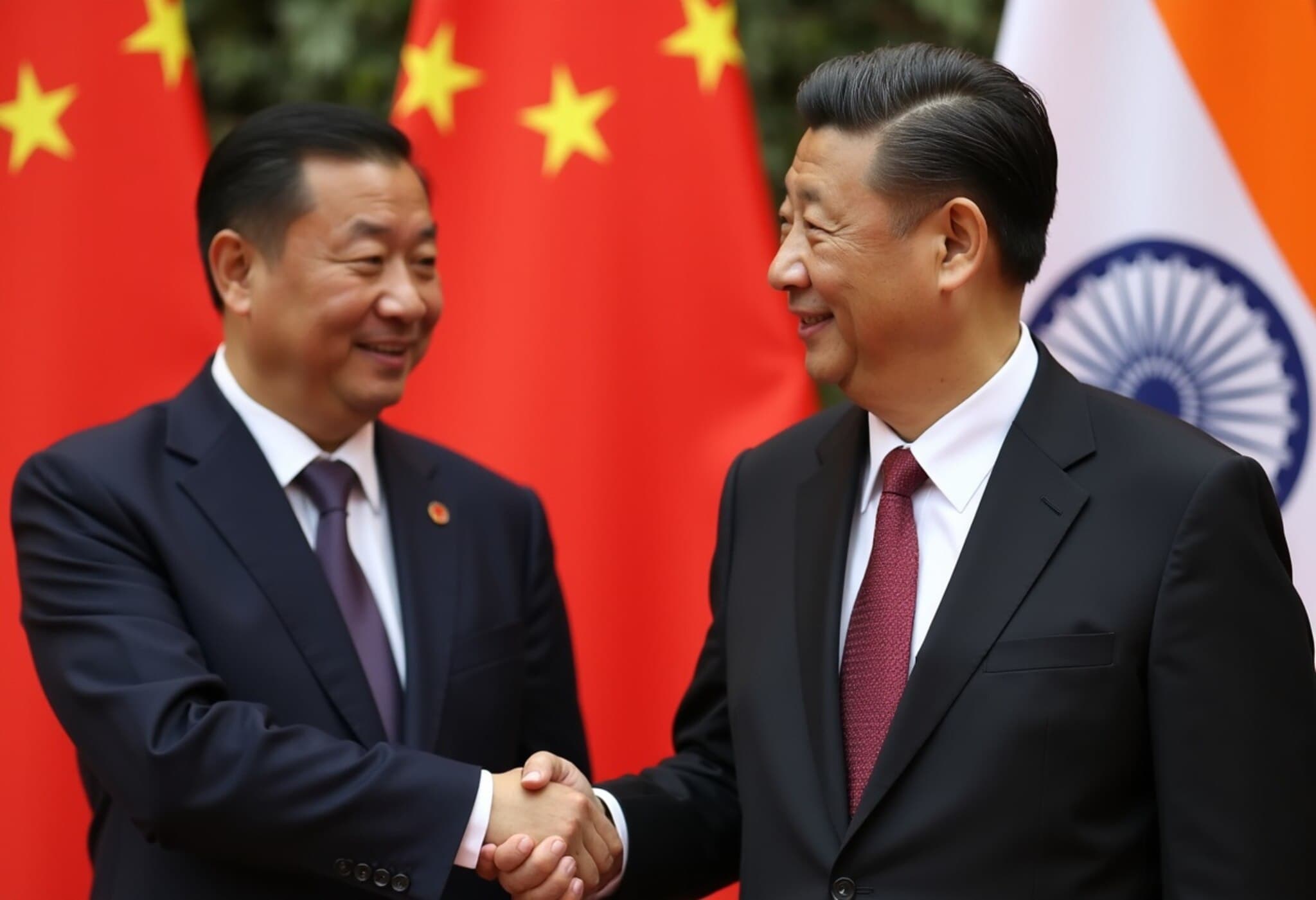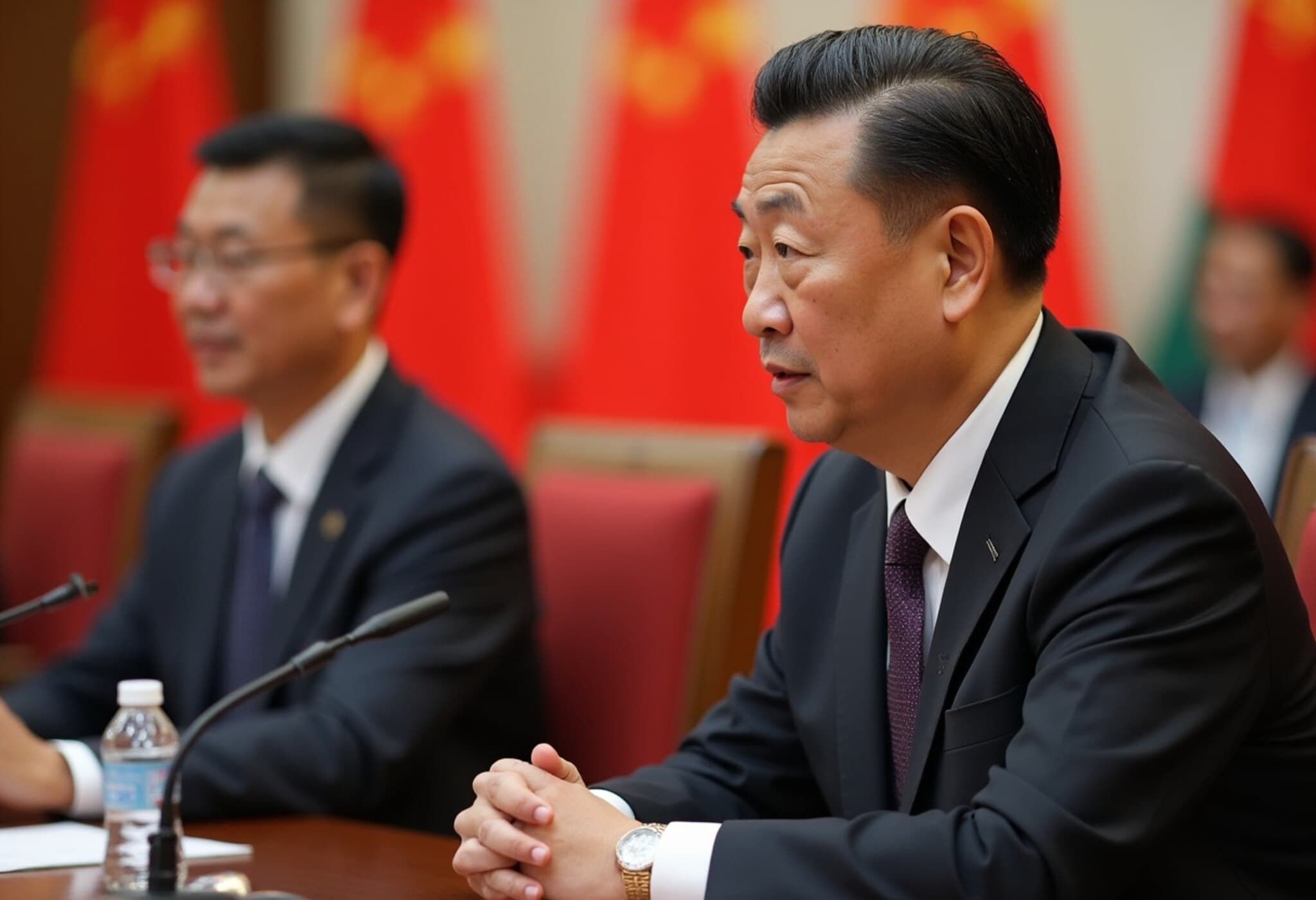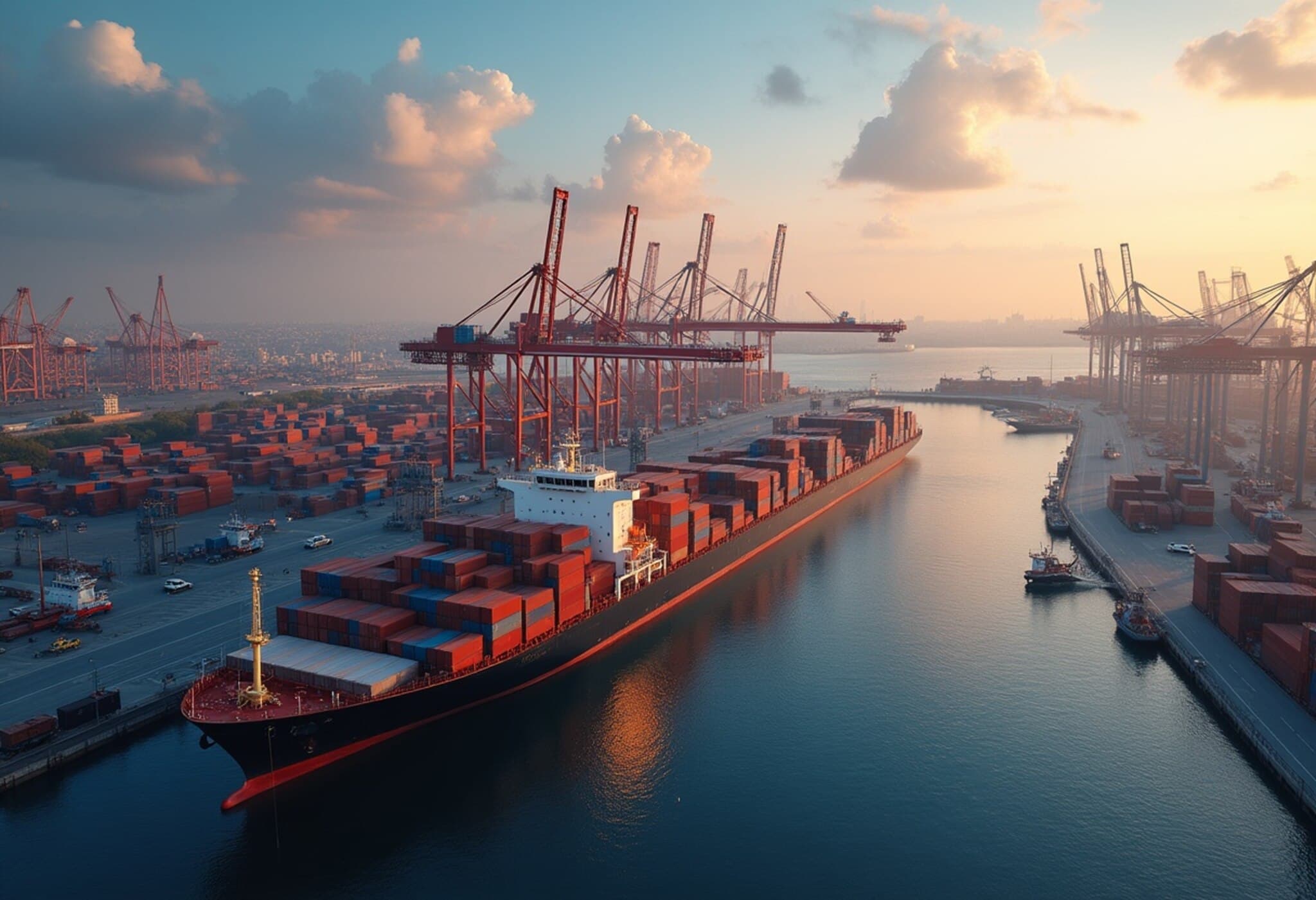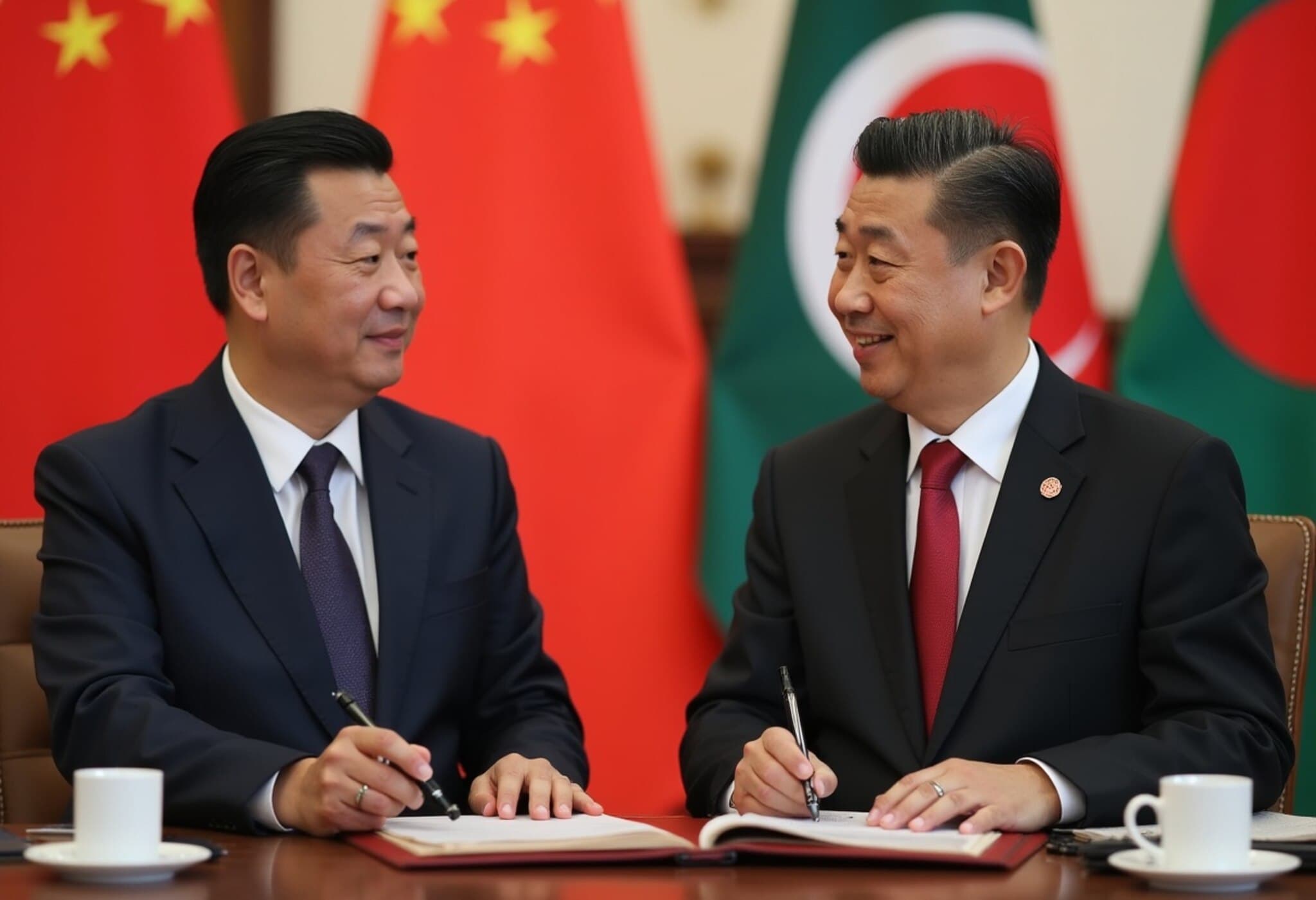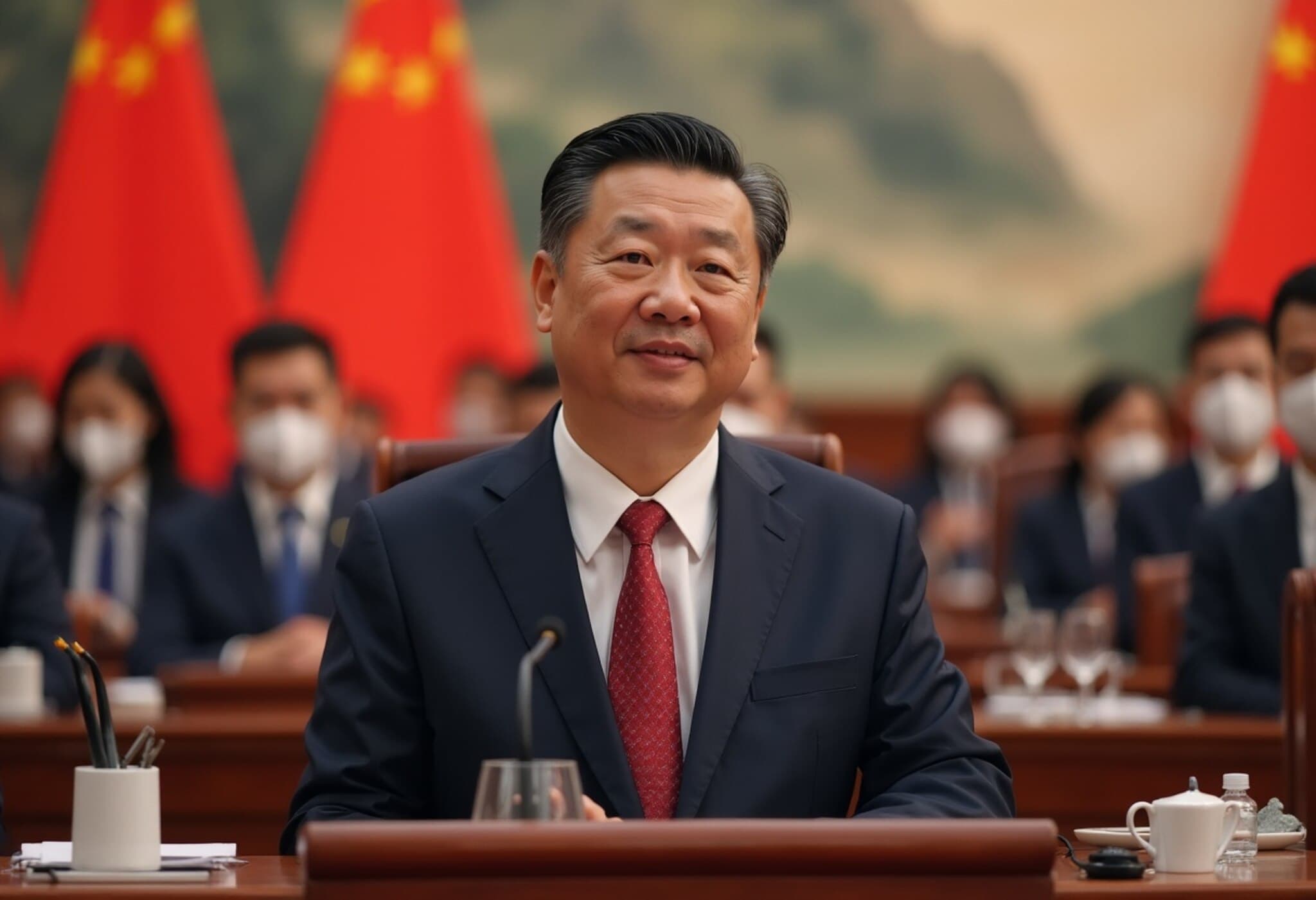Egypt's Bold Shift: Moving Capital from Cairo to a Newly Built Desert City
Egypt is embarking on a historic move, relocating its capital from the bustling streets of Cairo to a sprawling, modern city constructed deep in the desert. This new administrative capital, situated about 45 kilometres east of Cairo, is not just a symbol of modernization but also represents a significant partnership with China, which played a pivotal role in building and now operates the city’s core infrastructures.
A City Designed to Decongest and Modernize
Covering an expansive 700 square kilometres, the new capital is designed to accommodate over six million residents. It aims to relieve Cairo's overcrowding while establishing a futuristic administrative and economic hub, aligning with Egypt’s vision to streamline governance and stimulate economic growth outside the crowded capital.
China’s Strategic Involvement and the Belt and Road Connection
At the heart of this city lies its Central Business District (CBD), developed and now managed by the China State Construction Engineering Corporation (CSCEC), a Chinese state-owned enterprise. Their agreement extends beyond construction to include ongoing operations, property management, and urban services for residents, businesses, and tourists — a unique model of international urban collaboration.
The CBD is a massive undertaking valued at approximately US$3.8 billion, housing crucial governmental institutions such as ministries, a presidential palace, parliament, and foreign embassies, alongside luxury hotels and commercial spaces. Towering over this skyline is the Iconic Tower, soaring at 385.8 metres to become Africa’s tallest skyscraper.
Expanding Sino-Egyptian Relations Around Strategic Gateways
This capital shift is part of a larger geopolitical strategy tied to China’s Belt and Road Initiative. Egypt’s location serves as a critical bridge between Africa and the Middle East, and China’s footprint is growing especially near the Suez Canal, a vital global trade artery. Currently, over 2,800 Chinese companies operate in Egypt, with investments surpassing US$8 billion, spanning manufacturing, infrastructure, and construction sectors.
Turning Plans into Reality: The New Capital’s Rising Role
Since 2023, more than 30,000 Egyptian government employees have moved to the new city, which was officially declared the administrative capital following the latest presidential inauguration. Banks and commercial businesses are following suit, signaling the city’s emergence as an economic powerhouse.
Innovative Management for Long-Term Viability
To maintain sustainability, Egypt has adopted a "cost-plus-margin" model for utility management, combining government oversight with international expertise. The model — where Chinese firms not only build but also operate and maintain infrastructure — is gaining traction throughout Africa and underscores the evolving nature of Sino-African cooperation.
More Than a Geographic Shift: A Geopolitical Realignment
This move goes beyond moving offices and people; it signals Egypt’s strategic recalibration with China at the heart of its transformative journey. The new capital stands as a testament to deepening ties, shared ambitions, and the future of urban governance in the region.

